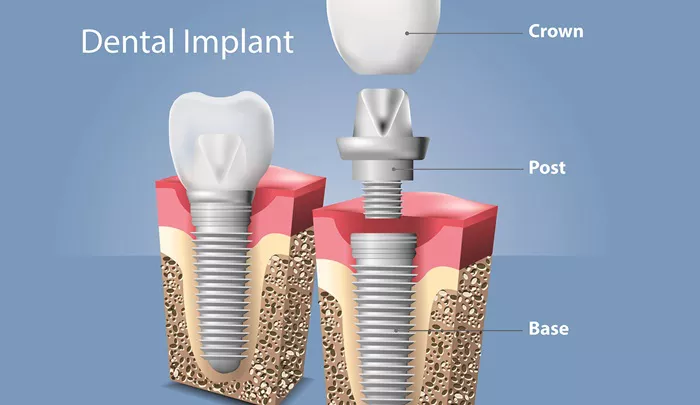Wisdom teeth, also known as third molars, are the last set of teeth to emerge in the oral cavity, typically appearing in the late teenage years or early twenties. The presence of these teeth can raise questions about whether it is essential to remove all four of them. This article delves into the factors influencing the decision to remove wisdom teeth and explores the scenarios where removal may or may not be necessary.
Understanding Wisdom Teeth
Before delving into the necessity of removing wisdom teeth, it’s crucial to understand their nature and purpose. Wisdom teeth are remnants of our evolutionary past when early humans had larger jaws to accommodate a diet that included raw meats, roots, and tough vegetation. However, modern humans have smaller jaws due to changes in diet and lifestyle, leading to issues when wisdom teeth attempt to erupt.
Is It Necessary to Remove All 4 Wisdom Teeth?
1. Impacted Wisdom Teeth
One of the primary reasons for considering wisdom teeth removal is impaction. Impacted wisdom teeth are those that do not fully emerge through the gums due to lack of space or obstruction by other teeth. This condition can lead to various problems such as:
Pain and Discomfort: Impacted wisdom teeth can cause pain, swelling, and discomfort, especially when they exert pressure on adjacent teeth or surrounding tissues.
Infection: The gum tissue covering an impacted tooth can become inflamed and infected, leading to a condition known as pericoronitis.
Damage to Adjacent Teeth: The pressure from impacted wisdom teeth can push against neighboring teeth, causing misalignment, crowding, or damage to tooth roots.
Cysts and Tumors: In rare cases, impacted wisdom teeth can develop cysts or tumors, which may require surgical intervention.
SEE ALSO: Can You Get Your Wisdom Teeth at 15
2. Alignment Issues
Another consideration for wisdom teeth removal is their impact on dental alignment. Many individuals experience crowding or shifting of teeth as wisdom teeth attempt to erupt. This can undo the effects of previous orthodontic treatments, necessitating the removal of wisdom teeth to maintain proper dental alignment.
3. Oral Hygiene Challenges
The location of wisdom teeth at the back of the mouth makes them difficult to clean properly. Partially erupted wisdom teeth can create pockets where food debris and bacteria accumulate, increasing the risk of cavities, gum disease, and bad breath. In such cases, removing wisdom teeth can improve oral hygiene and reduce the likelihood of dental problems.
Factors Influencing The Decision
The decision to remove all four wisdom teeth depends on several factors, including:
Impaction Severity: The degree of impaction and associated symptoms influence the necessity of removal. Fully impacted wisdom teeth may not require immediate removal if they are not causing any problems.
Dental Alignment: If wisdom teeth are causing crowding or misalignment issues, orthodontic considerations may prompt their removal.
Risk of Complications: Individuals with a higher risk of complications, such as those with limited jaw space, may benefit from proactive wisdom teeth removal.
Patient Preferences: Patient preferences and comfort levels play a role in the decision-making process. Some individuals may opt for removal to prevent potential future problems, while others may choose to monitor their wisdom teeth unless issues arise.
Alternatives to Removal
In certain cases, alternatives to complete wisdom teeth removal may be considered. These alternatives include:
Monitoring: For asymptomatic wisdom teeth, periodic monitoring through dental exams and X-rays can help track any changes or development of problems.
Selective Removal: If only some of the wisdom teeth are causing issues, selective removal of the problematic ones may be recommended, preserving others if they are not causing problems.
Orthodontic Solutions: In cases where wisdom teeth are causing alignment issues, orthodontic treatments such as braces or aligners may be considered to address the problem without necessarily removing the teeth.
Conclusion
In conclusion, the necessity of removing all four wisdom teeth depends on various factors such as impaction severity, dental alignment, risk of complications, and patient preferences. While impacted or problematic wisdom teeth often warrant removal to prevent pain, infection, and other complications, not all wisdom teeth require immediate extraction. Consulting with a dental professional and considering individual circumstances is crucial in making an informed decision about wisdom teeth removal.

